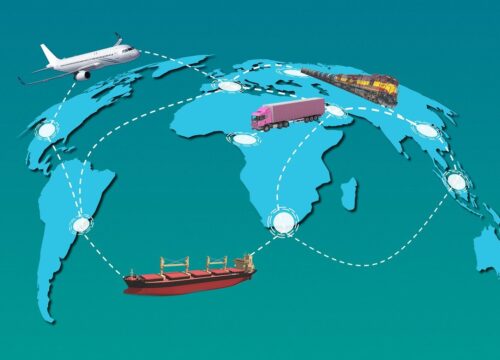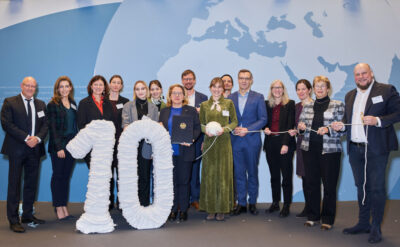The European Sustainable Palm Oil Conference (SPOD 2024) facilitated dialogue between the various interest groups with the aim of promoting cooperation. The protection of smallholder farmers, who are most affected by the effects of climate change, and the responsibility of companies in this regard were discussed. The participants explored sustainable cultivation methods, such as the rehabilitation and renovation of oil palms. The Roundtable for Sustainable Palm Oil (RSPO) presented its new traceability system PRISMA (Palm Resource Information and Sustainability Management). This system will improve the certification, trade and traceability of sustainable palm oil. Another key topic was the need to comply with the EU Deforestation Regulation (EUDR).
The German MSP Forum for Sustainable Palm Oil (FONAP) was also represented. FONAP consists of 50 members and was founded in 2013. The aim of the MAP is to promote sustainable agricultural supply chains with a focus on palm oil. FONAP is committed to more sustainable palm oil cultivation in the countries of origin and the consideration of human rights along the entire supply chain.
At its annual general meeting on April 25, FONAP elected a new board for the next two years. With Almut Feller (Ferrero), Dr. Ulrich Hettinger (OVID), Armin Hodzic (BM Certification) and Sascha Tischer (TRUE ASSETS e.V.), four members of the board were re-elected. Reza Azmi (Wild Asia) will contribute perspectives from Malaysia to the work of the organisation as a new member of the board. The Federal Ministry of Food and Agriculture (BMEL) and the Federal Ministry for Economic Cooperation and Development (BMZ) continue to share a permanent seat on the board.
The EU Supply Chain Act (Directive on Corporate Sustainability Due Diligence, CSDDD), which was finalised in May, also encourages European companies to rethink and act sustainably. The law requires companies to fulfil due diligence obligations along their global supply chains. Initiatives such as SPOD 2024 and FONAP can strengthen the implementation of the CSDDD and contribute to a common European solution for social and environmental sustainability.



